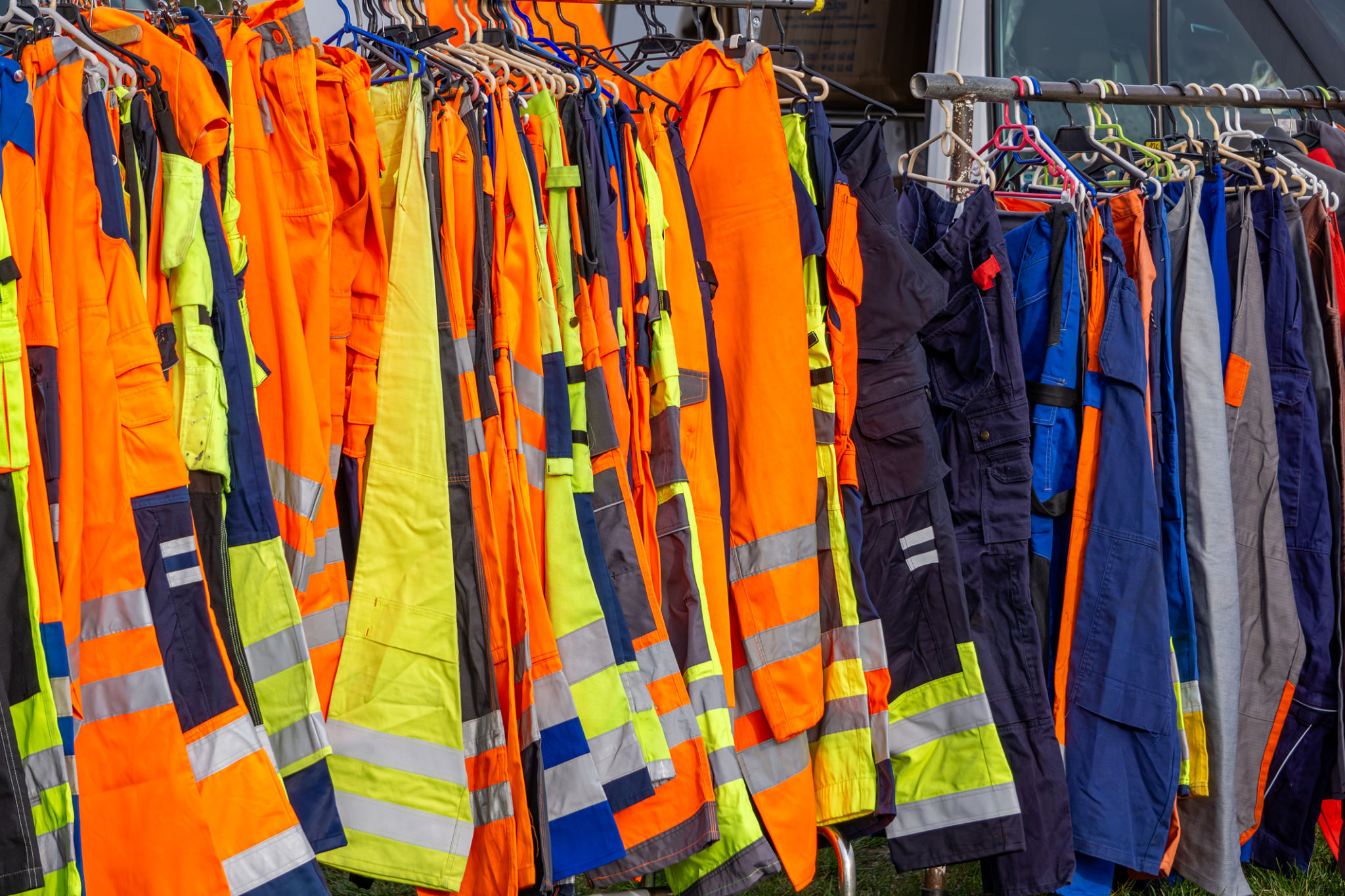Preventing Work Injuries: Tips for a Safe Workplace Environment
Understanding the Importance of Workplace Safety
Creating a safe work environment is crucial for the well-being of employees and the overall success of a business. Workplace injuries not only affect the injured employees but also impact productivity and morale. Therefore, implementing effective safety measures is essential for preventing work injuries.

Conduct Regular Safety Training
One of the most effective ways to prevent workplace injuries is through regular safety training. Employees should be trained to recognize potential hazards and know how to avoid them. This training should be part of the onboarding process and reinforced periodically with refresher courses.
Topics covered should include proper equipment handling, emergency procedures, and the importance of personal protective equipment (PPE). Encouraging open communication about safety concerns can also empower employees to take responsibility for their own safety and that of their colleagues.
Establish a Safety Committee
Forming a dedicated safety committee can significantly enhance your workplace safety initiatives. This group should include representatives from various departments who are committed to promoting safety practices. The committee can regularly inspect the workplace, identify potential hazards, and recommend improvements.

Implementing Safety Protocols
Having clear safety protocols in place is vital to maintaining a safe workplace. These protocols should be easily accessible to all employees and should cover all areas of the workplace. From fire drills to evacuation plans, every aspect of safety should be clearly outlined and practiced regularly.
Utilize Safety Equipment and PPE
Ensuring that employees have access to the necessary safety equipment and PPE is crucial for injury prevention. This includes items like helmets, gloves, goggles, and masks, depending on the nature of the work being performed. It's important to regularly inspect these items for wear and tear and replace them as necessary.
In addition, machinery and tools should be equipped with safety features such as guards and emergency stop buttons. Employees should be trained to use these features correctly to minimize risks.

Create a Culture of Safety
A strong safety culture within an organization encourages employees to prioritize safety in all their activities. Management should lead by example, demonstrating their commitment to safety by following protocols and encouraging employees to do the same.
Recognizing and rewarding safe behavior can further reinforce this culture. Positive reinforcement encourages employees to adhere to safety practices consistently, reducing the likelihood of accidents.
Regularly Evaluate and Improve Safety Measures
Continuous improvement is key to maintaining a safe workplace environment. Regularly assess the effectiveness of your current safety measures and look for areas where improvements can be made. This might involve updating protocols, introducing new technologies, or providing additional training sessions.
By staying proactive and responsive to potential hazards, businesses can significantly reduce the risk of workplace injuries, ensuring a safer environment for all employees.
